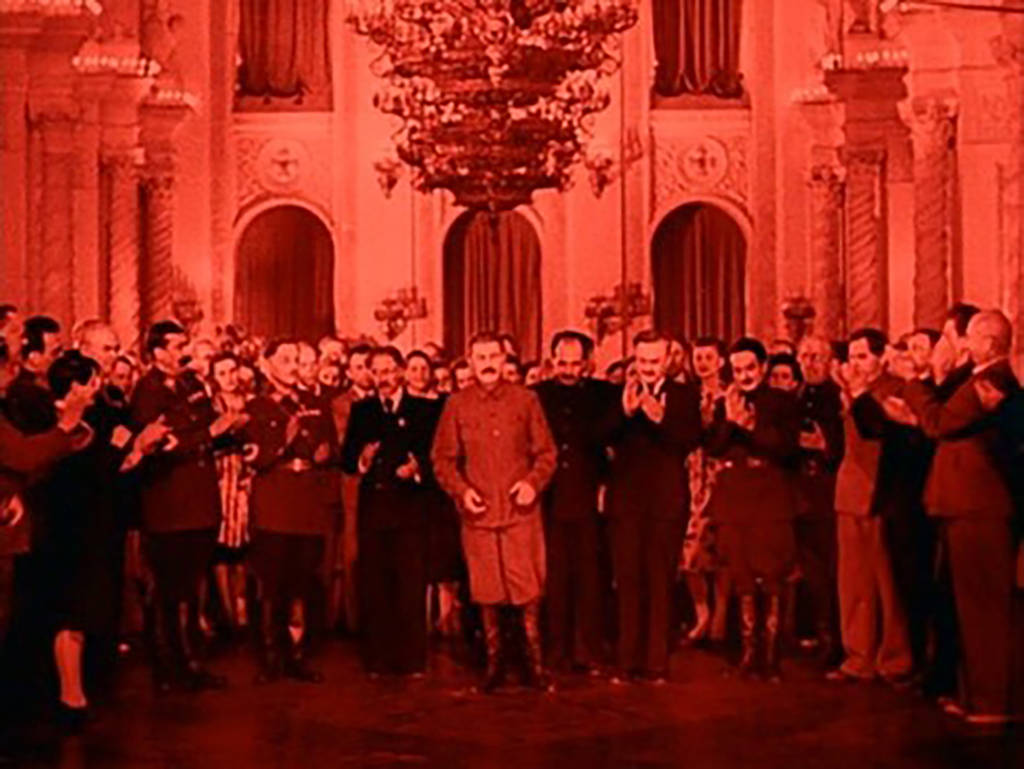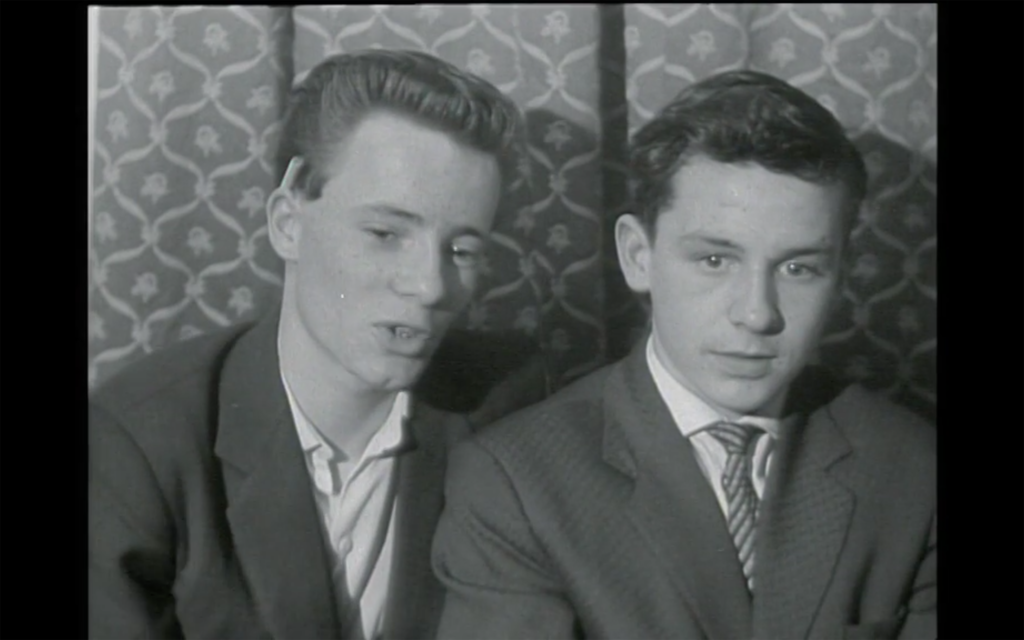After an intensive judging process last fall, Film Matters is pleased to announce the winner of the eighth annual Masoud Yazdani Award: Maria Mutka for her FM 12.1 (2021) article, “‘To Begin on Again’: A Study of Early Cinema’s Unique Influence on Modernist Literature.” Maria graduated from Smith College with a BA in Anthropology and Russian Studies. She now works as a research assistant, helping to produce equitable health services research. She remains passionate about work that delves into human stories, from the field of cinema to public health.
This year’s judges also wish to recognize two other strong articles in the honorable mention category: Emma Cieslik for her FM 12.2 article “Monster and the Mob: A Critical Analysis of Fritz Lang’s Fury (1936) and James Whale’s Frankenstein (1931),” and Devon Kurtz for his FM 12.2 article “One of the Boys: The Smug, Patriarchal Undertones of Anders als die Andern (1919).” Emma is currently a Master’s candidate in Museum Studies at George Washington University. She is a graduate of Ball State University with a Bachelor of Arts in History and Biology and the recipient of two undergraduate research fellowships focused on American religious culture. She researches historical effects of visual culture, notably depictions of mob violence in twentieth-century film. And Devon is an alumnus of Dartmouth College where he studied Classics. His other writing has appeared in the Boston Herald, City Journal, and the Wall Street Journal.
This award would, of course, not be possible without the hard work of our judging panel. Therefore, we’d like to take a moment to acknowledge our 2022 judges again:
Hugh Feldmann is a filmmaker currently studying at the University of North Carolina Wilmington. Before pursuing his MFA and career in film, Hugh received his BS degree in Psychology from Colorado State University in 2019. Outside of film, Hugh enjoys learning about psychology, history, and geography, and listening to music.
Connor Holland graduated with a BA in Film Studies from the UNC Wilmington, where he is now pursuing his MA degree. His scholarly interests include European art cinema, film minimalism, and American film noir.
Matthew Smits is a graduate MA student at the University of North Carolina Wilmington. He obtained his degree from UNCW, and is committed to studying cinema history and aesthetics.
For more information, please visit: https://www.filmmattersmagazine.com/masoud-yazdani-award/













































